Does Coffee Cause Weight Gain? Complete Guide
Learn the science behind your favorite morning beverage and its impact on your body.

Image: Shutterstock
Many of us love to start our day with a cup of coffee. Also, countless people sip on this refreshing beverage throughout the day. But do you know the role of caffeine in weight loss? Many people claim that coffee makes you gain weight. Is that true?
Does caffeine have an impact on body weight? Do you need to stop drinking coffee and restrict your caffeine intake to shed those pounds? Find out the answers to your questions in the article. Read on.
 Know Your Ingredient: Coffee
Know Your Ingredient: CoffeeWhat Is It?
A popular, dark, bitter beverage made from roasted and grounded beans of the coffee plant.
What Are Its Benefits?
Reduces the risk of type 2 diabetes, stroke, certain cancers, and heart disease to an extent.
Who Can Use It?
Except for individuals with severe anxiety disorders, anyone over the age of 12 can consume coffee in moderation.
How Often?
2-4 cups (up to 400 mg) is the daily recommended limit. Pregnant and breastfeeding individuals must limit it to 200 mg.
Caution
Overconsumption may lead to severe headaches. In rare cases, it can cause ventricular fibrillation wherein the lower chambers of the heart vibrate rapidly, causing a cardiac arrest.
In This Article
Does Coffee Make You Gain Weight? Here Is What You Need To Know

Yes, excess coffee intake may lead to weight gain. This is primarily due to its caffeine content. An average person consumes about 300 mg of caffeine every day, mainly through coffee, chocolate, soft drinks, tea, and energy drinks (1).
This caffeine intake keeps increasing with bigger servings and stronger roasts. Studies show that acute caffeine intake may increase blood sugar levels and prolong the period of the increased sugar levels (2). Increased blood sugar may also increase insulin and cortisoli This stress hormone increases glucose uptake by the brain, blood sugar levels, and the supply of substances that promote tissue repair. levels, resulting in low metabolic activity and weight gain (3) (4).
Insulin is the hormone that regulates carbohydrates and fat metabolism in your body (5). Elevated insulin levels can make the cells less sensitive to its signals (insulin resistance) (3). It is important for the cells to be insulin-sensitive if you want to lose weight or prevent the accumulation of calories. Excessive coffee intake may reduce insulin sensitivity, cause weight gain, and increase diabetes risk.
But does this mean you must give up on coffee to lose weight? Let us understand.
Key Takeaways
- Excessive coffee intake may lead to weight gain due to its caffeine content.
- However, reduce your coffee consumption to 2-3 cups a day to lose weight.
- Caffeine retains in slow metabolism systems, increasing blood sugar, insulin, and abdominal fat.
- Caffeine in moderation stimulates the nervous system, decreases anxiety, and reduces the chance of certain medical issues.
Do You Need To Stop Drinking Coffee To Lose Weight?
No. Drinking coffee is fine as long as you don’t consume it in excess amounts. Limit its intake to about 2 to 3 cups a day along with a balanced diet for proper nutrition. Excess coffee intake can stall your weight loss journey. Read on to understand how.
Catalina, a YouTuber and vlogger, explained how her body changed after she stopped drinking coffee 4 months prior to deal with her enlarged thyroid gland. In her vlog, she states, “I removed it and it was very amazing to see what happened. Well the first thing was that my skin cleared up… I was struggling with a little bit breakout on the right side of my cheek… So, about 10 days after quitting the coffee it started to clear up completely.” She also added that her gland had shrunk further, and she experienced another noticeable change, “I have noticed as well that I have lost some fats, specially around my back and also around my waist and is something some of you have noticed as well (i)…”
Why Drinking Too Much Caffeine Can Stall Weight Loss

How the body responds to caffeine depends on one’s health, body mass, and metabolism. Every person metabolizes caffeine at a different rate.
According to anecdotal records, individuals with faster metabolism absorb the antioxidants in coffee quickly and get it out of the system. But those with slow metabolism hold the caffeine in the system for longer. This may elevate blood sugar levels and may increase abdominal fat.
However, regardless of how fast or slow your body metabolizes caffeine, too much coffee can derail your weight loss goals.
Besides caffeine, the other ingredients in your coffee could also lead to weight gain. In the next section, we will explore these ingredients and the other reasons your coffee could be making you gain weight.
Reasons Your Coffee Is Making You Gain Weight

- Sugar Syrups And Add-Ins
Relishing coffee with excess sugar syrup or any other sweet ingredient can add more calories.
- Larger Serving
A large coffee serving loaded with sweet ingredients can cause weight gain if consumed every day.
- Whipped Cream
Whipped cream can enhance the coffee’s taste, but it also increases calorie intake.
- Sweetened Milk
Coffee enriched with almond milk, oat milk, etc. is high in sugar. In addition, flavored milk may contain added sugar.
- Bottled Coffee
Bottled coffee may be a convenient option to enjoy a quick drink, but it is loaded with sugar.
- Full-Fat Milk And Sugar
Coffee made with full-fat milk and sugar is way higher in calories.
So, if you want to cut back on coffee due to weight gain, it is best to avoid the abovementioned things. Instead, choose options like black coffee, cold brew, or a simple espresso shot. To add some flavor without the extra calories, consider using unsweetened plant-based milk, like almond milk, or sprinkle in natural enhancers such as cinnamon, nutmeg, or a splash of vanilla extract. These choices will help cut down the calories in coffee while still making it enjoyable and satisfying.
Note: Not just sugars, even the amount of caffeine intake may affect your weight loss efforts.
 Quick Tip
Quick TipKnowing the upper limit of your caffeine intake helps you relish your coffee without having to worry about weight gain. Continue reading to know the ideal caffeine dosage.
Upper Limits: The Ideal Dose Of Caffeine In Weight Loss
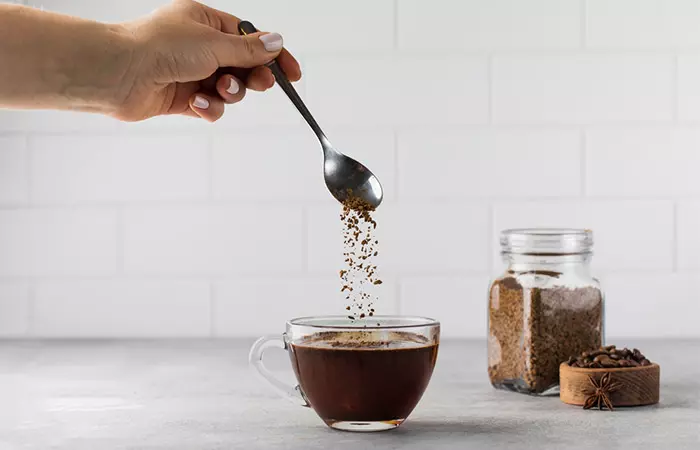
Research suggests that 400 mg or less of caffeine per day is an acceptable dose for healthy adults (4). One serving (180 ml) of brewed coffee normally contains about 100 mg of caffeine (5). You may want to keep those values in mind before picking your next cup of coffee.
Benefits Of Drinking Coffee

Studies suggest that regular coffee drinkers have a lower risk of developing type-2 diabetes (8). Moreover, its caffeine content stimulates the nervous system besides increasing adrenaline and cortisol levels in the body (9), (10), (11).
Other caffeine benefits include refreshing your senses, reducing anxiety, and elevating mood but only when consumed in low doses (12). The polyphenols present in coffee have antioxidant properties. These plant compounds may reduce inflammation and oxidative stressi An unbalanced ratio of antioxidants and free radicals in the body, which increases the risk of heart disease and cancer. — the two factors responsible for causing many ailments, including obesity (13), (14).
Studies indicate that long-term coffee intake may reduce the risk of stroke (modestly), heart disease, and certain cancers (15), (16), (17). Besides, this beverage is also known to lower estrogen levels, which may help reduce the risk of breast cancer in postmenopausal women (18).
Coffee intake is also associated with a reduced risk of gallstones in your body (19). Besides, studies suggest that caffeine may also reduce the incidence of Parkinson’s diseasei A chronic disorder in which parts of the brain are damaged, affecting the nervous system and the body parts controlled by the nerves. in healthy individuals. It may also slow down the progression of motor symptoms in those already affected (20). Research also reveals that higher coffee intake may reduce the risk of all-cause mortality. Similarly, drinking coffee moderately (3 cups/day) may also decrease the risk of CVD mortality (21).
Lastly, research also indicates that taking 100 mg of caffeine, which is about the amount in a small cup of coffee, slightly increases the resting metabolism. It also improves thermogenesis, the process by which the body generates heat and burns calories, even at rest. This effect may help manage weight. However, it is important to note that the overall increase in calories burned is not huge. So, caffeine is just one small tool in the bigger picture of weight management (22).
Note: Individual reactions to caffeine and how it affects weight can differ depending on factors, such as metabolism, diet, heredity, lifestyle, and overall health.
 Fun Fact
Fun FactInfographic: Which Coffee Drink Is Right For Me?
Coffee is a popular drink that can help energize your mornings. It is packed with caffeine and other beneficial compounds that can boost your health.
Coffee can be brewed in different ways based on the type of beans used and the ingredients added to the beverage. Take a look at the infographic below to learn how the top coffee varieties are made and choose the one that’s right for you.
Some thing wrong with infographic shortcode. please verify shortcode syntax
Although moderate consumption of coffee may not lead to weight gain, having excess coffee makes you gain weight. This is because sugar syrups, add-ons, larger servings, whipped cream, sweetened milk, full-fat milk, and sugar increase the calorie content of coffee. However, if taken in moderate amounts, coffee can reduce the risk of type 2 diabetes, stroke, and cancer. It also reduces inflammation and oxidative stress. But these benefits are associated with moderate consumption of coffee, which amounts to 2 to 3 cups per day, paired with a proper diet plan and daily exercise routine.
Frequently Asked Questions
Does cold coffee increase weight?
Yes. Excess consumption of cold coffee may increase weight, as cold coffee may contain cream, sugar, caffeine, and other ingredients, which may contribute to weight gain. If you wish to know how to get a slim body with the help of coffee, consume it plain black.
Does coffee make you gain water weight?
Possibly not. Coffee itself is a mild diuretic, which means it can lead to temporary fluid loss through increased urination. However, any perceived “water weight” gain after drinking coffee is more likely related to factors like added sweeteners, creamers, or high-sugar coffee beverages that can contribute to overall calorie consumption and potential weight gain, rather than the coffee alone (24).
Will coffee creamer make me gain weight?
Yes. Coffee creamers, especially those high in calories and sugar, can contribute to weight gain if consumed in excess amounts over time. The added sugars and unhealthy fats in certain coffee creamers can lead to increased calorie intake, potentially causing weight gain when they are not accounted for within a balanced diet. Opting for healthier creamer alternatives or using them in moderation can help avoid this effect.
Illustration: Does Coffee Make You Gain Weight? Real Facts And Benefits

Image: Stable Diffusion/StyleCraze Design Team
Curious about how coffee affects your weight? Watch this video to learn 3 reasons why coffee can cause weight gain and how you can quit drinking coffee. Go, check it now!
Personal Experience: Source
StyleCraze's articles are interwoven with authentic personal narratives that provide depth and resonance to our content. Below are the sources of the personal accounts referenced in this article.
i. Body changes after I quit coffeehttps://www.youtube.com/watch?v=gYZ9-AUtb88
References
Articles on StyleCraze are backed by verified information from peer-reviewed and academic research papers, reputed organizations, research institutions, and medical associations to ensure accuracy and relevance. Read our editorial policy to learn more.
- Acute caffeine ingestion reduces insulin sensitivity in healthy subjects: a systematic review and meta-analysis
https://www.ncbi.nlm.nih.gov/labs/pmc/articles/PMC5192567/ - The effect of acute caffeine intake on insulin sensitivity and glycemic control in people with diabetes
https://pubmed.ncbi.nlm.nih.gov/28935543/ - Insulin resistance
https://www.ncbi.nlm.nih.gov/books/NBK507839/ - Physiology, cortisol
https://www.ncbi.nlm.nih.gov/books/NBK538239/ - Hormonal interactions in carbohydrate metabolism
https://pubmed.ncbi.nlm.nih.gov/821893/ - The Safety of Ingested Caffeine: A Comprehensive Review
https://www.ncbi.nlm.nih.gov/labs/pmc/articles/PMC5445139/ - Caffeine: Cognitive and Physical Performance Enhancer or Psychoactive Drug?
https://www.ncbi.nlm.nih.gov/labs/pmc/articles/PMC4462044/ - Coffee to reduce risk of type 2 diabetes?: a systematic review
https://pubmed.ncbi.nlm.nih.gov/22497654/ - Caffeine
https://www.ncbi.nlm.nih.gov/books/NBK519490/ - Cortisol responses to mental stress exercise and meals following caffeine intake in men and women
https://www.ncbi.nlm.nih.gov/labs/pmc/articles/PMC2249754/ - Caffeine: Cognitive and Physical Performance Enhancer or Psychoactive Drug?
https://www.ncbi.nlm.nih.gov/labs/pmc/articles/PMC4462044/ - Caffeine consumption and self-assessed stress anxiety and depression in secondary school children
https://www.ncbi.nlm.nih.gov/labs/pmc/articles/PMC4668773/ - Do Coffee Polyphenols Have a Preventive Action on Metabolic Syndrome Associated Endothelial Dysfunctions? An Assessment of the Current Evidence
https://pubmed.ncbi.nlm.nih.gov/29401716/ - Oxidative Stress in Obesity: A Critical Component in Human Diseases
https://www.ncbi.nlm.nih.gov/labs/pmc/articles/PMC4307252/ - Coffee consumption and risk of stroke in women
https://www.ncbi.nlm.nih.gov/labs/pmc/articles/PMC2729465/ - Long-term coffee consumption and risk of cardiovascular disease: a systematic review and a dose-response meta-analysis of prospective cohort studies
https://pubmed.ncbi.nlm.nih.gov/24201300/ - Coffee drinking and cancer risk: an umbrella review of meta-analyses of observational studies
https://www.ncbi.nlm.nih.gov/labs/pmc/articles/PMC7003434/ - High coffee intake but not caffeine is associated with reduced estrogen receptor negative and postmenopausal breast cancer risk with no effect modification by CYP1A2 genotype
https://pubmed.ncbi.nlm.nih.gov/23530639/ - Systematic review with meta-analysis: coffee consumption and the risk of gallstone disease
https://pubmed.ncbi.nlm.nih.gov/26198295/ - The Effect of Caffeine on the Risk and Progression of Parkinson’s Disease: A Meta-Analysis
https://www.ncbi.nlm.nih.gov/labs/pmc/articles/PMC7353179/ - Coffee Consumption and the Risk of All-Cause and Cause-Specific Mortality in the Korean Population
https://pubmed.ncbi.nlm.nih.gov/33895098/ - Normal caffeine consumption: influence on thermogenesis and daily energy expenditure in lean and postobese human volunteers
https://pubmed.ncbi.nlm.nih.gov/2912010/ - Largest cup of coffee
https://www.guinnessworldrecords.com/world-records/largest-cup-of-coffee - Caffeine and diuresis during rest and exercise: A meta-analysis
https://www.ncbi.nlm.nih.gov/pmc/articles/PMC4725310/
Read full bio of Garima Singh
Read full bio of Ravi Teja Tadimalla
Read full bio of Arshiya Syeda
Read full bio of Aparna Mallampalli










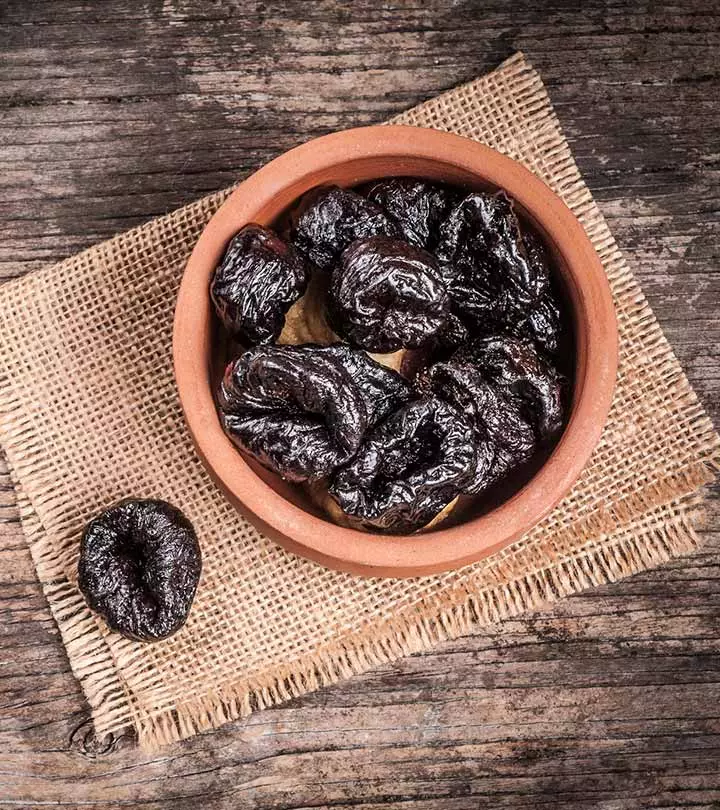




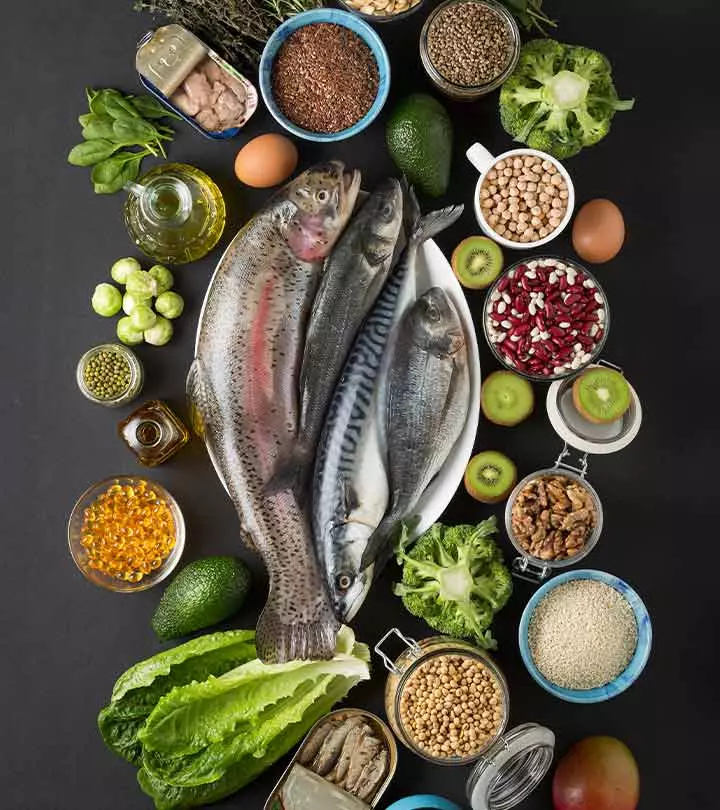




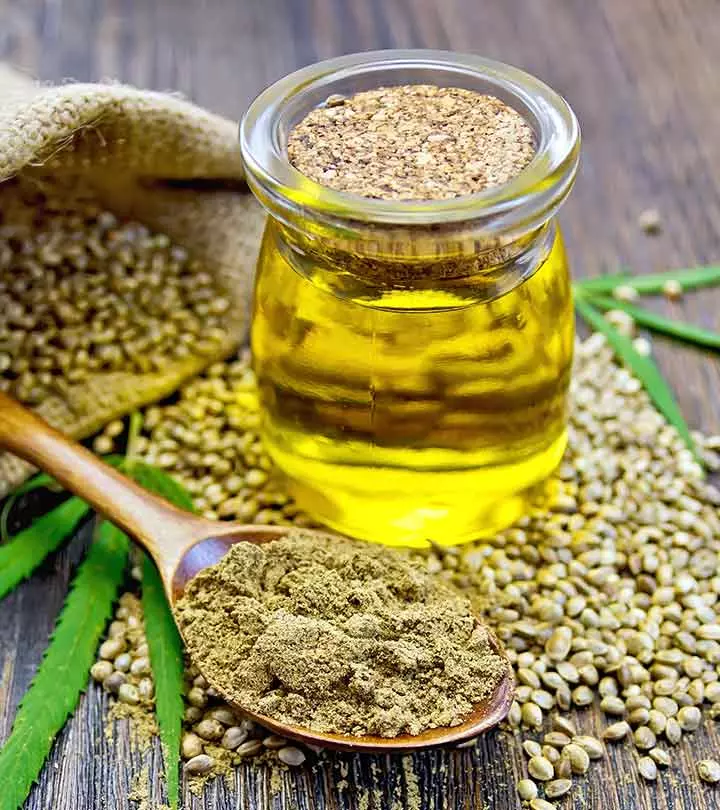


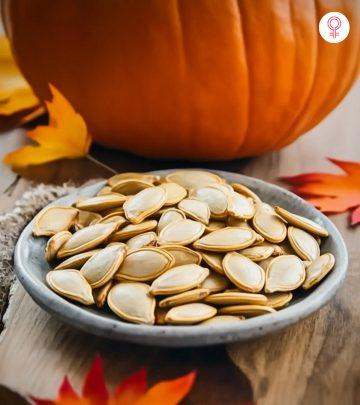
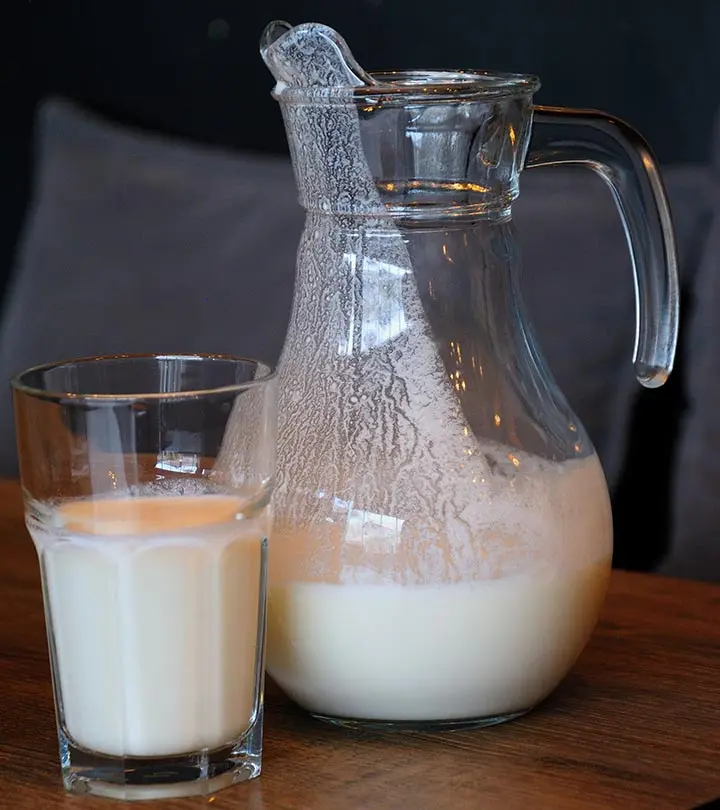

Community Experiences
Join the conversation and become a part of our empowering community! Share your stories, experiences, and insights to connect with other beauty, lifestyle, and health enthusiasts.